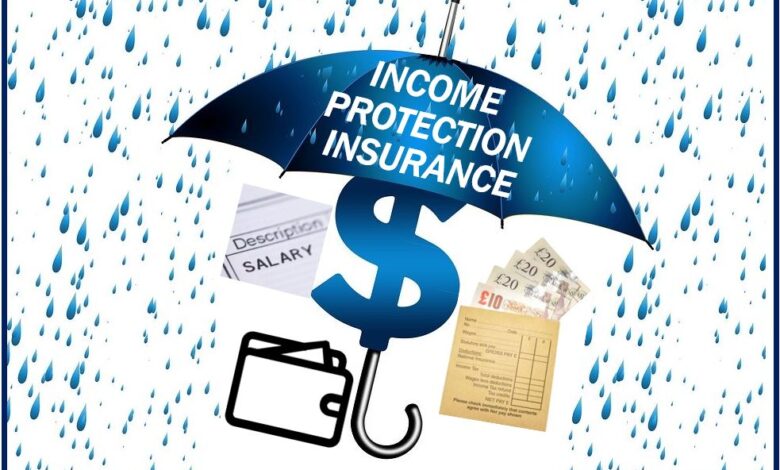Income Protection Insurance

Income Protection Insurance: Your Safety Net for Uncertain Times
Introduction
In today’s unpredictable world, having income protection insurance is one of the smartest financial decisions you can make. It provides peace of mind by ensuring that you continue to receive a regular income if illness, injury, or disability prevents you from working. This article explains how income protection insurance works, what it covers, and why it is essential for financial stability.
What Is Income Protection Insurance?
Income protection insurance is a policy designed to replace a portion of your income if you are unable to work due to health reasons. It helps you manage essential living costs such as rent or mortgage, utility bills, food, and education expenses while you recover.
Unlike critical illness cover, which pays a lump sum, income protection pays regular monthly benefits until you can return to work or until the policy term ends.
How Does Income Protection Insurance Work?
When you take out an income protection insurance policy, you agree on:
- The benefit amount: Usually 50–70% of your gross income.
- The waiting period: The time between stopping work and when payments begin (often 4, 8, 13, or 26 weeks).
- The payment duration: How long the benefit continues—this could be for a few years or until retirement age.
You pay regular premiums, and in return, the insurer provides income replacement if you become unable to work due to illness or injury.
Who Needs Income Protection Insurance?
Anyone who relies on their salary to cover daily expenses should consider income protection insurance. It’s especially useful for:
- Self-employed individuals who have no employer-provided sick pay.
- Employees without long-term sick benefits.
- Homeowners and parents with ongoing financial responsibilities.
- Professionals in high-risk jobs or those who cannot easily replace their income.
If your savings wouldn’t last more than a few months without income, this insurance is a practical safeguard.
Benefits of Income Protection Insurance
- Regular Income Security: Ensures financial stability even when you cannot work.
- Flexibility: You can choose how much of your income to protect and for how long.
- Covers a Wide Range of Conditions: Most policies cover both physical and mental health issues.
- Peace of Mind: Allows you to focus on recovery without worrying about bills.
- Long-Term Support: Unlike short-term sick pay, it can last for years if needed.
Types of Income Protection Insurance
- Short-Term Income Protection: Pays out for a limited time, usually 1–2 years. Ideal for temporary illnesses.
- Long-Term Income Protection: Continues paying until you return to work, retire, or pass away. Suitable for chronic conditions.
- Accident and Sickness Only Policies: Provide coverage only for specific physical injuries or illnesses.
What Does Income Protection Insurance Not Cover?
While income protection insurance is comprehensive, it doesn’t usually cover:
- Redundancy or job loss due to economic reasons.
- Self-inflicted injuries.
- Pre-existing conditions (unless disclosed and accepted).
- Working fewer hours by choice.
Always read the policy details carefully before buying.
How to Choose the Right Income Protection Policy
When comparing policies, consider:
- Monthly premium and payout ratio.
- Waiting period length (shorter means faster payout but higher cost).
- Coverage duration (short-term vs. long-term).
- Definition of incapacity (some policies pay only if you can’t do any job, others if you can’t do your own).
It’s wise to consult a financial advisor before finalizing your income protection insurance plan.
Conclusion
Life is unpredictable, but your finances don’t have to be. Income protection insurance acts as a reliable safety net, ensuring you and your loved ones remain financially secure even when health challenges arise. By protecting your income, you’re not just securing your present—you’re safeguarding your future.
Frequently Asked Questions (FAQ)
Q1: How much does income protection insurance cost?
A: Premiums depend on age, occupation, health, income level, and coverage amount.
Q2: Can I get income protection if I’m self-employed?
A: Yes, self-employed people can benefit greatly since they don’t have employer sick pay.
Q3: When do payments start?
A: After the agreed waiting period, usually between 4 and 26 weeks after you stop working.
Q4: Is income protection insurance tax-free?
A: In many cases, benefits are tax-free if premiums are paid with post-tax income (varies by country).


